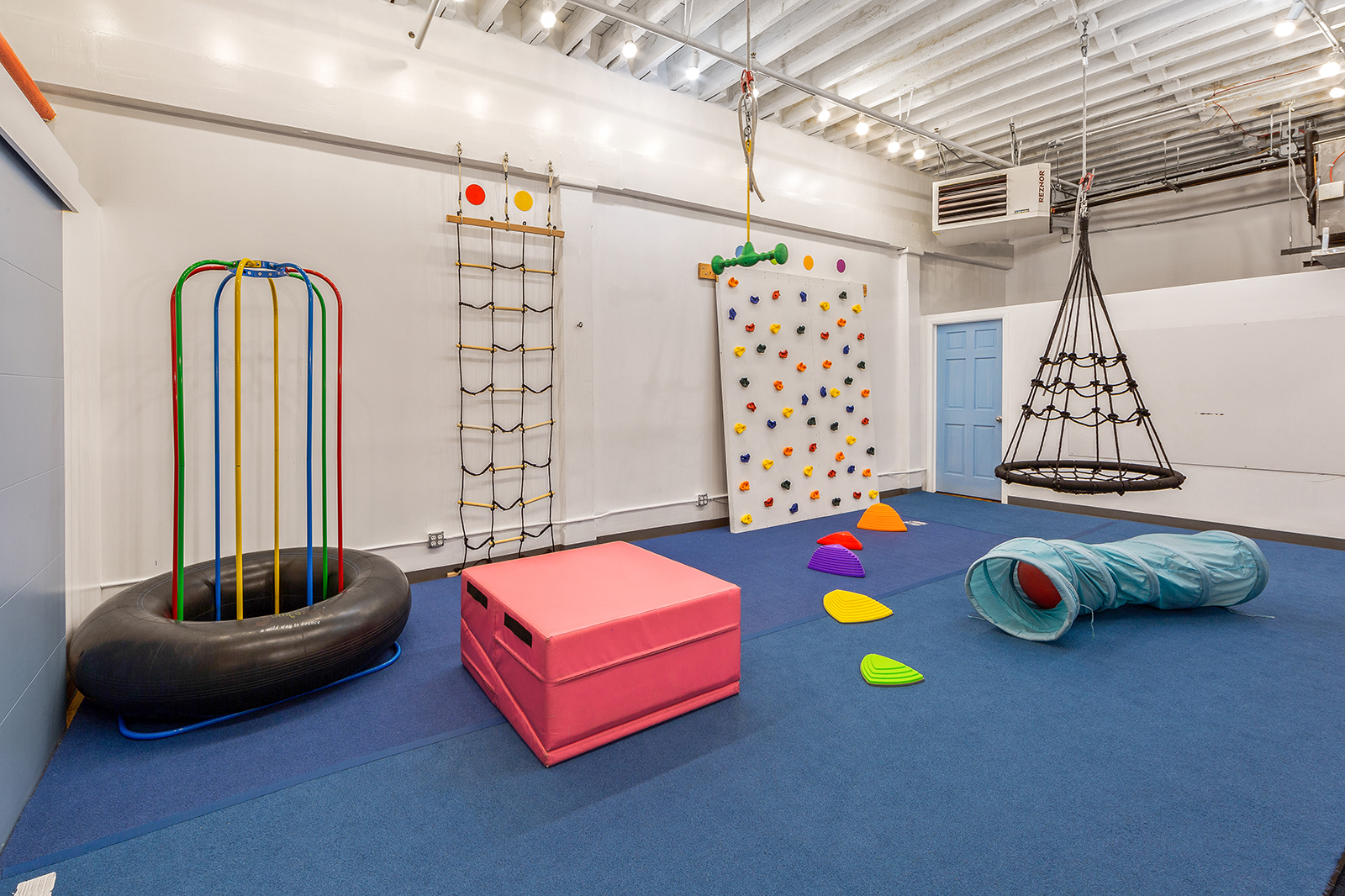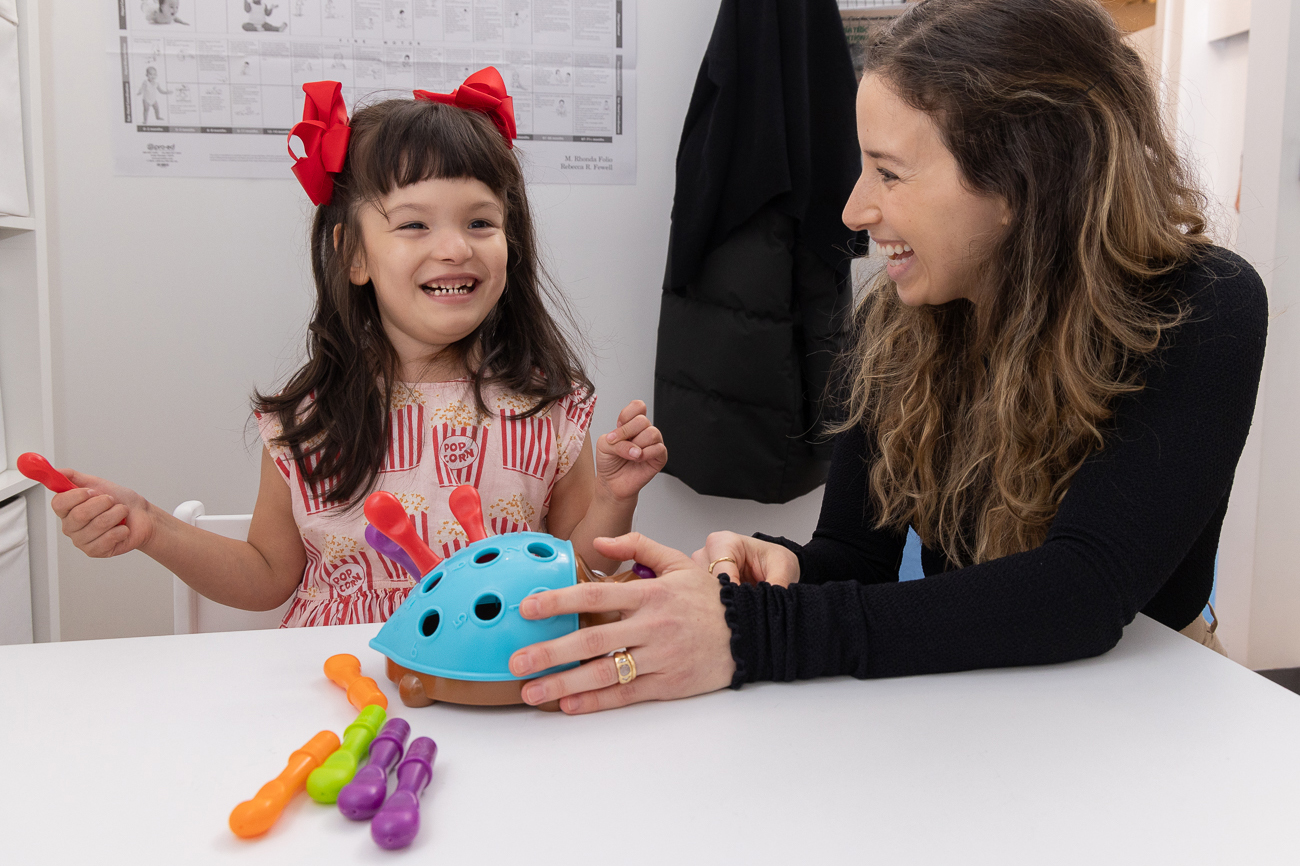by Amy Weber, LCSW
When you’re parenting a neurodivergent child, the world loves to hand you fancy strategies, complicated charts, and 12-step emotional-growth regimens. But the truth is: kids don’t need fancy. They need foundations — those quiet, sturdy skills and routines that make daily life feel safer, more predictable, and more doable.
Foundational skills give kids something solid to stand on. They don’t magically erase challenges, but they do help kids regulate, problem-solve, and build confidence over time.
Below are four essential foundations — with concrete “use-it-now” strategies — to help your child grow with less overwhelm and more connection.
1. Emotional Safety: “I’m With You, Even When It’s Hard”
Emotional safety is the single biggest predictor of how well a child can regulate. When kids feel understood rather than corrected, they stay more open, flexible, and connected.
How to build it:
✨ The 10-Second Validation Rule
Before teaching, correcting, or redirecting, validate one thing your child is feeling or needing.
- “You really wanted that to work.”
- “This is a lot all at once.”
- “You’re trying so hard.”
Even if their behavior is off track, their feelings still make sense.
✨ 1-2-3 Co-Regulation
When your child begins to escalate:
- Soften your body (drop your shoulders, unclench your jaw).
- Lower your voice by one notch.
- Offer one anchor phrase:
- “I’m right here.”
- “Let’s breathe together.”
- “You’re safe. I can help.”
- “I’m right here.”
It’s simple, but it works because kids borrow our nervous systems before they build their own.
2. Predictability: “Show Me What’s Coming”
Neurodivergent kids thrive when they don’t have to guess the rules, routines, or expectations. Clarity reduces anxiety, meltdowns, and power struggles.
How to build it:
✨ Micro Schedules
Instead of a giant visual schedule that overwhelms everyone, try a tiny one for transitions:
- “First snack → then homework → then free play.”
- “First shower → then pajamas → then one show.”
Use drawings, sticky notes, or quick doodles — perfection not required.
✨ Previews, Not Surprises
Give your child a brief preview before a transition:
- “In two minutes, we’re leaving the playground.”
- “After this show, it’s bedtime routine.”
Bonus trick: ask them to repeat the plan back to build understanding and reduce pushback.
3. Connection: “We’re a Team”
Connection doesn’t mean endless quality time. It means predictable doses of presence that remind your child they aren’t alone in navigating the world.
How to build it:
✨ Micro-Moments of Yes
Kids often hear “No, not now” all day long. Add intentional yeses:
- “Yes, we can snuggle for one minute.”
- “Yes, you can pick the music.”
- “Yes, show me your drawing.”
✨ 5-Minute Buddy Time
A daily 5-minute ritual, child-led.
You don’t teach, correct, or multitask.
You simply join them.
This alone can reduce power struggles by 30–40%.
4. Flexibility Practice: “Small Shifts, Low Stakes”
You cannot teach flexibility during a meltdown. You teach it during calm, playful, low-pressure moments.
How to build it:
✨ The Safe Surprise Game
Once a day, introduce one tiny, predictable “surprise”:
- Slightly different cup
- New snack option
- Walking a different route to the car
- Changing the order of two bedtime steps (with warning)
Keep it fun, low stakes, and predictable — “We’re practicing flexible brains!”
✨ Choice Sandwiches
When kids are rigid, offer choices in a structured way:
- “Do you want to start with socks or shirt?
Then we’ll put on the other one next.” - “Do you want two more minutes or a countdown from 20?”
Choice gives kids control without giving up structure.
5. Skill Scaffolding: “Let Me Help Until You Can Help Yourself”
Neurodivergent kids often need support that is more explicit, broken down, and visual.
How to build it:
✨ Task Slicing
Break tasks into the smallest steps you can imagine — then break them again.
Instead of “Get dressed,” try:
- Find your shirt.
- Put your head in.
- One arm.
- The other arm.
- Pull down.
✨ Body-Double Support
Many kids focus better when someone sits nearby doing a parallel task.
- You pay bills, they do homework.
- You fold laundry, they build LEGO.
The message is: “You don’t have to do hard things alone.”
6. Repair: “We Find Our Way Back”
All relationships — especially parent/child ones — have mismatches, misunderstandings, and meltdowns. Repair teaches kids that connection can bend without breaking.
How to build it:
✨ Simple Repair Script
- “That was hard for both of us.”
- “I’m sorry I raised my voice.”
- “We’re okay. Let’s reboot.”
✨ The Re-Do Moment
Invite a low-pressure reset:
- “Want to try that goodbye again?”
- “Let’s redo that transition with a do-over.”
Kids learn resilience by practicing it with you.
The Takeaway: Foundations First. Always.
You don’t need to reinvent your parenting or become a behavior specialist overnight. Start with foundations: safety, predictability, connection, flexibility, scaffolding, and repair.
These are the roots that help neurodivergent kids grow stronger, calmer, more confident, and more themselves.
Grab all of this in an easy to read, 1 page free printable: Foundations First.













social groups
Our mission for groups is to build community through play! Our social groups are play-based (following the lead and interests of each child), and are geared towards meeting each child exactly where they are. Our goals include: to build social communication, to learn more about ourselves independently and in a group, to boost confidence, to develop problem solving skills, to learn about physical and emotional regulation, and to enjoy peer interactions. We value play, and creating natural opportunities for children to have fun AND make friends.
Apply for Any Group
Lego Group
Drawing on the Lego Serious Play and Lego-based Counseling models, this group will work to build social competence through the use of legos. We will engage in project-based activities designed to encourage friendship and collaboration, emotion management/regulation, growth mindset, self-esteem, and mindfulness.
Board Games Group
Board games are the perfect tool to introduce and teach social/emotional learning! Using classic games as well as new favorites, we will develop self-awareness, management of emotional responses, self-esteem, team work/collaboration, self-control, conflict resolution, making thoughtful decisions, and empathy.
Apply for Any Group